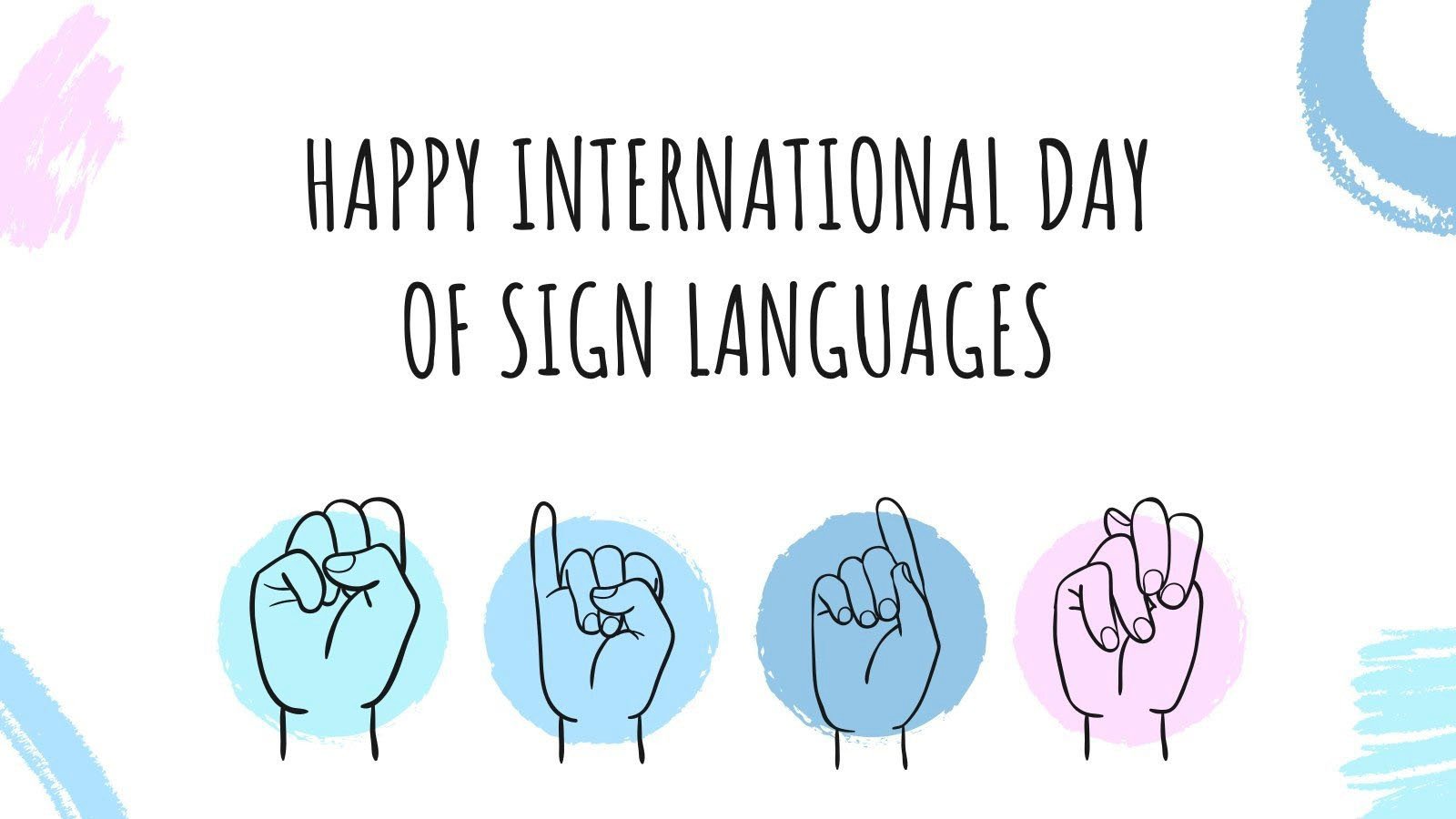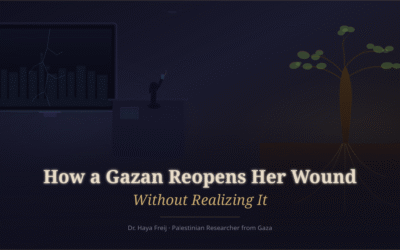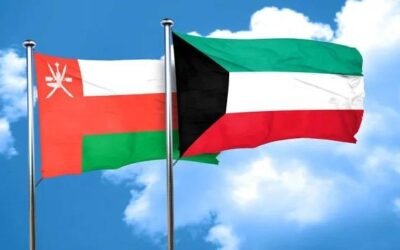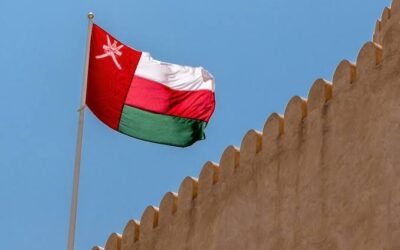Celebrating the Power of Sign Language in Oman on International Day of Sign Languages
Every year on September 23rd, the world comes together to celebrate the International Day of Sign Languages—a day dedicated to raising awareness about the importance of sign language in achieving inclusive societies. For many, this day is a reminder of the beautiful diversity of languages used by the deaf community worldwide. In Oman, where cultural values emphasize unity, respect, and inclusivity, sign language has a special place in bridging gaps and fostering a more inclusive society.
The Global Significance of the Day
International Day of Sign Languages was proclaimed by the United Nations to recognize the importance of preserving sign languages as a means of communication for millions of people around the world. It aligns with the broader goals of the UN’s Convention on the Rights of Persons with Disabilities, which promotes the full and equal participation of deaf people in society. In Oman, this day carries an additional cultural weight, as it reflects the nation’s longstanding commitment to community, respect, and inclusion.
Omani Deaf Community: A Culture of Inclusion
In Oman, the deaf community, like other groups, plays an integral role in society. While Oman’s official language is Arabic, Omani Sign Language (OSL) is vital for the country’s deaf and hard-of-hearing population. With the support of the government and NGOs, Oman has made strides in improving the lives of the deaf community, ensuring that they have access to education, services, and equal opportunities.
Omani society values the concept of “family” as central to social harmony. This extends beyond immediate relatives to include the entire community. People with disabilities, including those who are deaf, are regarded as essential members of society, and there is a growing awareness of the importance of learning and respecting Omani Sign Language. Cultural values of hospitality, cooperation, and respect further reinforce the role of sign language in promoting a society where everyone feels included.
Progress in Education and Awareness
Over the years, Oman has made significant advancements in supporting the deaf community, particularly in education. Special schools and programs have been established to cater to deaf students, ensuring that they have access to quality education. These schools are not only teaching Omani Sign Language but are also fostering a sense of pride in the students’ identity as part of Omani culture. Additionally, universities and government initiatives have taken steps toward providing accessible communication, particularly through trained interpreters and technology.
The Sultanate’s Ministry of Social Development has also been instrumental in supporting the deaf community through various awareness campaigns and programs aimed at educating the broader public about sign language. Efforts to raise awareness about the importance of sign language have contributed to a more inclusive society in which deaf individuals can fully participate.
Omani Sign Language: A Cultural Treasure
While sign languages around the world differ from one another, Omani Sign Language reflects the culture and traditions of the Sultanate. The gestures, expressions, and symbols used in OSL are deeply rooted in Omani society, making it a rich and essential part of the country’s linguistic heritage. Much like spoken Arabic in Oman, which varies across regions, OSL has regional variations, adding to its richness.
There’s a beauty in how sign language incorporates Omani culture—whether in gestures that mirror the country’s landscape, traditional attire, or symbols of its rich history. For example, certain gestures may refer to iconic elements of Oman, such as its mountainous terrain or dhow ships, connecting the language to the nation’s identity.
The Role of Family and Community
In Oman, family and community play vital roles in the lives of deaf individuals. Many families learn Omani Sign Language to communicate with their deaf relatives, emphasizing the importance of inclusion within the household. The support of family is crucial in integrating deaf children into mainstream society, where they can grow with a sense of belonging and confidence.
Moreover, various initiatives have emerged to encourage the broader Omani community to learn basic sign language. This has led to greater inclusivity in places like schools, mosques, and workplaces, helping to break down barriers for the deaf community.
A Future of Inclusion
As Oman continues to grow, so too does its commitment to inclusivity. The International Day of Sign Languages provides an opportunity for Omanis to reflect on the strides made toward achieving equality for the deaf community. But it also serves as a reminder of the work still ahead—to ensure that sign language is fully integrated into all facets of society, from education and healthcare to public services and social spaces.
For Oman, a country proud of its heritage and unity, sign language is not just a tool of communication but a symbol of national values. It represents compassion, unity, and the importance of giving everyone a voice. By fostering the use of Omani Sign Language, the Sultanate reinforces its commitment to a future where all Omanis, regardless of their abilities, can contribute to the social and cultural fabric of the country.
As we celebrate this day, let us all remember the power of language—in all its forms—to connect us, foster understanding, and promote an inclusive society for all.
Hassan Al Maqbali
Content Creator & Website Manager at Omanspire
Hassan Al Maqbali is a dedicated content creator and the website manager at Omanspire, where he writes passionately about Oman's culture, history, and the timeless stories that shape the nation’s identity. His work reflects a deep love for the Sultanate and a commitment to sharing its beauty with the world.
Driven by a desire to widen global understanding of Oman, Hassan creates narratives that present the country through diverse perspectives—capturing its people, heritage, landscapes, and evolving cultural heartbeat. Through Omanspire, he hopes to bring readers closer to the spirit of Oman, one story at a time.




